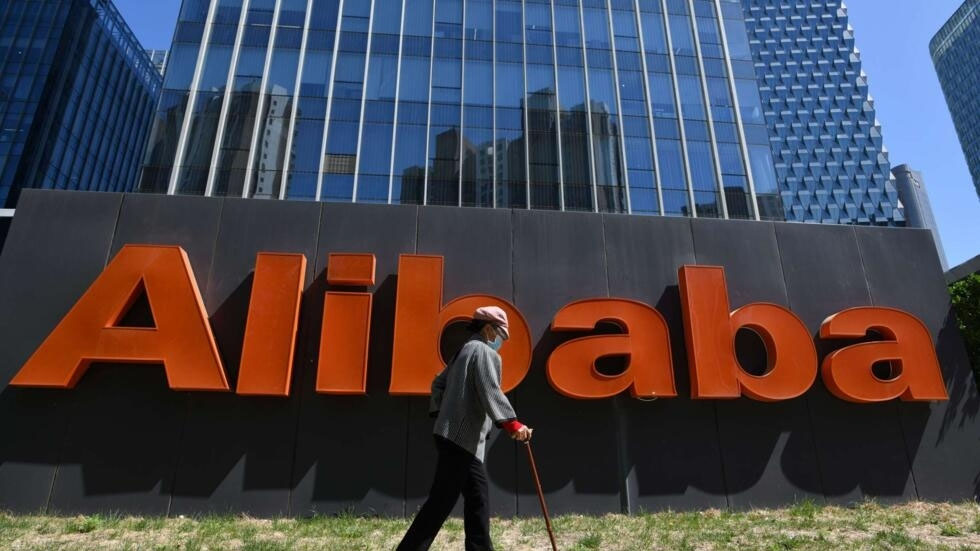Photo Credit: Getty Images
Alibaba Group Holding, once the undisputed titan of Chinese online retail, finds itself grappling with economic headwinds and fierce competition. The company's latest financial results, released on August 15, 2024, paint a picture of a behemoth struggling to maintain its dominance amidst shifting consumer preferences and a sluggish economy.
Alibaba reported a 4% increase in revenue, reaching 243.2 billion yuan (US$34 billion) for the quarter ending June 30, 2024. However, this growth fell short of analysts' expectations and marked a deceleration from the 7% growth observed in the previous quarter. More concerning was the 29% plunge in net income attributable to shareholders, which fell to 24.3 billion yuan (US$3.3 billion) from 34.3 billion yuan in the same period last year.
The company's core e-commerce platforms, Taobao and Tmall, experienced a 1% decline in revenue. Toby Xu, Alibaba's Chief Financial Officer, attributed this dip to increased investments in user experience, stating, "In this quarter, we continue to invest for growth in our core businesses while reducing losses in other business units through operating efficiency."
Alibaba's performance stands in stark contrast to its rival JD.com, which reported a staggering 92.1% increase in profit for the same quarter. This disparity highlights the growing challenges Alibaba faces in maintaining its market position.
The company's cloud computing business, which served as the online broadcasting partner for the 2024 Paris Olympics, showed some promise with a 6% revenue increase to 26.5 billion yuan. However, this growth was not enough to offset the broader slowdown in the company's core operations.
Alibaba's struggles are set against the backdrop of a broader economic malaise in China. Recent government data revealed a mixed picture, with retail sales rebounding in July while industrial production growth slowed. This uneven recovery has contributed to the challenging environment for e-commerce giants like Alibaba.
The rise of competitors such as Pinduoduo, whose parent company owns the popular international budget shopping app Temu, has further eroded Alibaba's market share. As Chinese consumers tighten their belts, many are turning to Pinduoduo's generally lower-priced offerings, a trend that even prompted Alibaba's charismatic founder Jack Ma to urge his successors to adapt to changing consumer preferences.
In response to these challenges, Alibaba has embarked on an ambitious restructuring plan, splitting the group into six distinct entities and replacing CEO Daniel Zhang. The company has also ramped up its share repurchase program, buying back $5.8 billion worth of shares in the first quarter alone, in an effort to bolster investor confidence.
The cancellation of Ant Group's IPO in 2020 and subsequent regulatory scrutiny have cast a long shadow over the company's growth trajectory. With uncertainty lingering and competition intensifying, Alibaba's ability to innovate and adapt will be crucial in determining its place in China's evolving digital economy.


